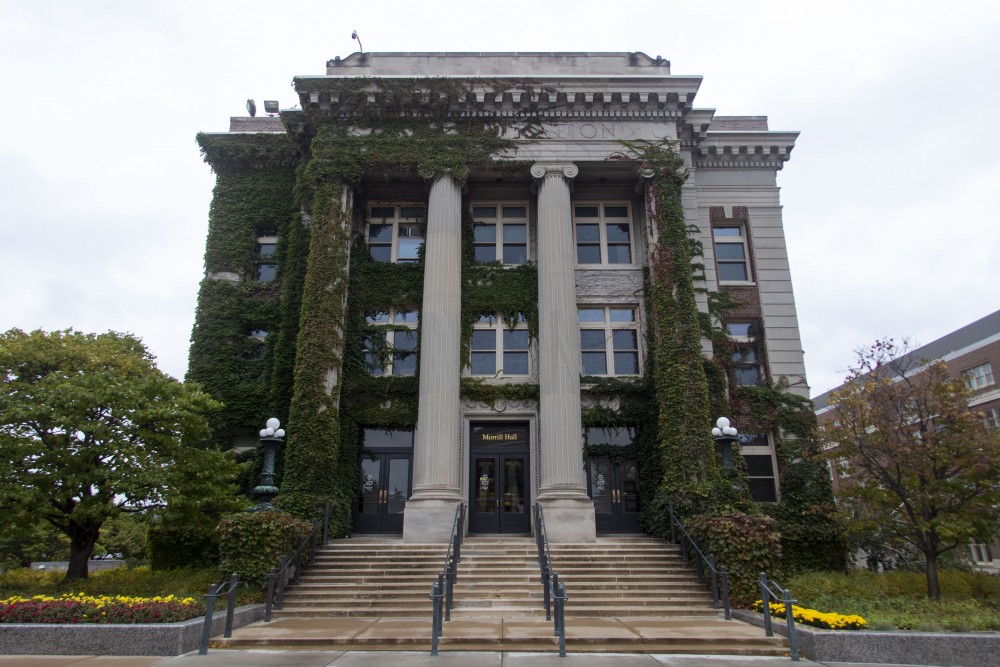Over recent months, conversations have continued about addressing administrative spending among the University of Minnesota’s Board of Regents.
The board has long discussed the University’s administrative costs, which have raised concerns and calls for accountability from state lawmakers in the past. A legislative bill last spring, which asked the University to define and explain its costs, prompted the board to seek an external review benchmarking the University’s spending with that of peer institutions.
The review was an early step toward examining administrative costs at the University.
The study, conducted by Huron Consulting Group, found that the University is spending slightly more than its peer institutions in some areas of overhead spending, or administrative costs, but it remains close to the median.
The review was based on financial statements and data from 2018 and 2019, and was presented at the board’s February meeting.
The last time the board sought third-party review of administrative spending was when a similar study was conducted in 2013.
Regent Richard Beeson said he hopes that at the board’s summer retreat there will be more direction from University President Joan Gabel on the next steps for the ongoing look at spending.
“I think the Huron [study] was just trying to look at where we were at this moment in time and maybe identify some areas that would be worth working on,” Beeson said.
At the February regents meeting, Gabel said there will be future discussions about administrative spending as she continues to work on the University’s systemwide strategic plan.
“I look forward to digging into this a little more as the strategic planning process unfolds,” she said at the meeting.
The planning process has been ongoing since June 2017. The board is scheduled to take action on the plan at their June meeting.
The Huron study showed that the University had the third-highest spending among 11 institutions in the amount of workforce focused on “mission,” or research, service and teaching.
TitleEnter a descriptive Title for the contentifficult to compare directly.
Regent Darrin Rosha said the study emphasized that administrative spending is a problem among other universities across the country.
“It’s also clear that … it’s a national problem, because every institution justifies its increased administrative costs and function by everyone else’s increased cost and function,” he said.
Regent David McMillan, chair of the Finance and Operations Committee, said the review was an “early and initial step” to garner third-party perspective about the University’s cost structure.
“The board’s interested in … some pretty intensive focus on ‘how do we look at cost management going forward,’” he said.
However, more immediate needs related to the COVID-19 pandemic will likely push back work on examining administrative spending, McMillan said.
Beeson said that long-term financial planning will be put on the back burner as the administration focuses on keeping staff and students safe.
“I just think we’ve shifted from a … long-term planning lens into an emergency mode,” he said.








